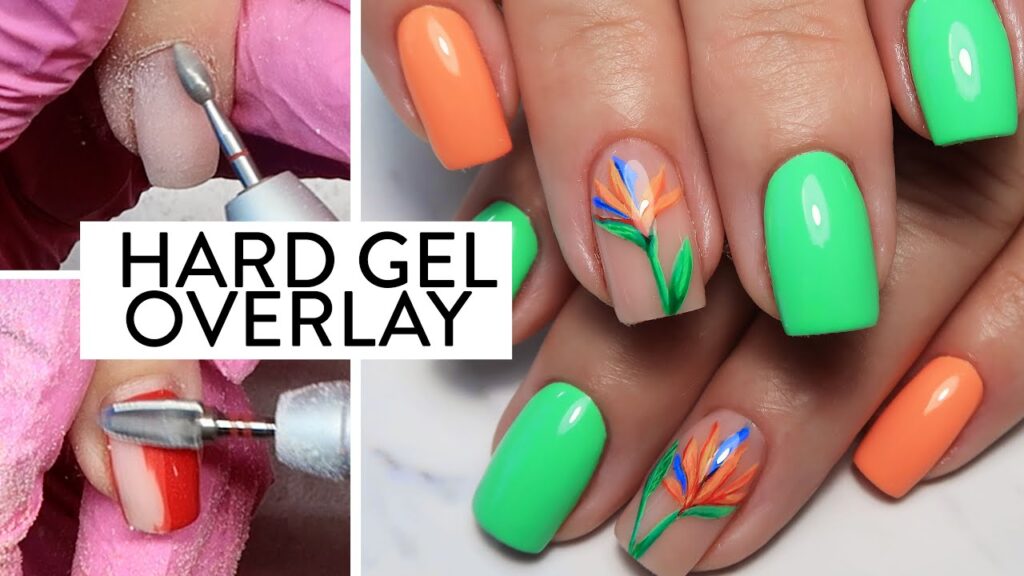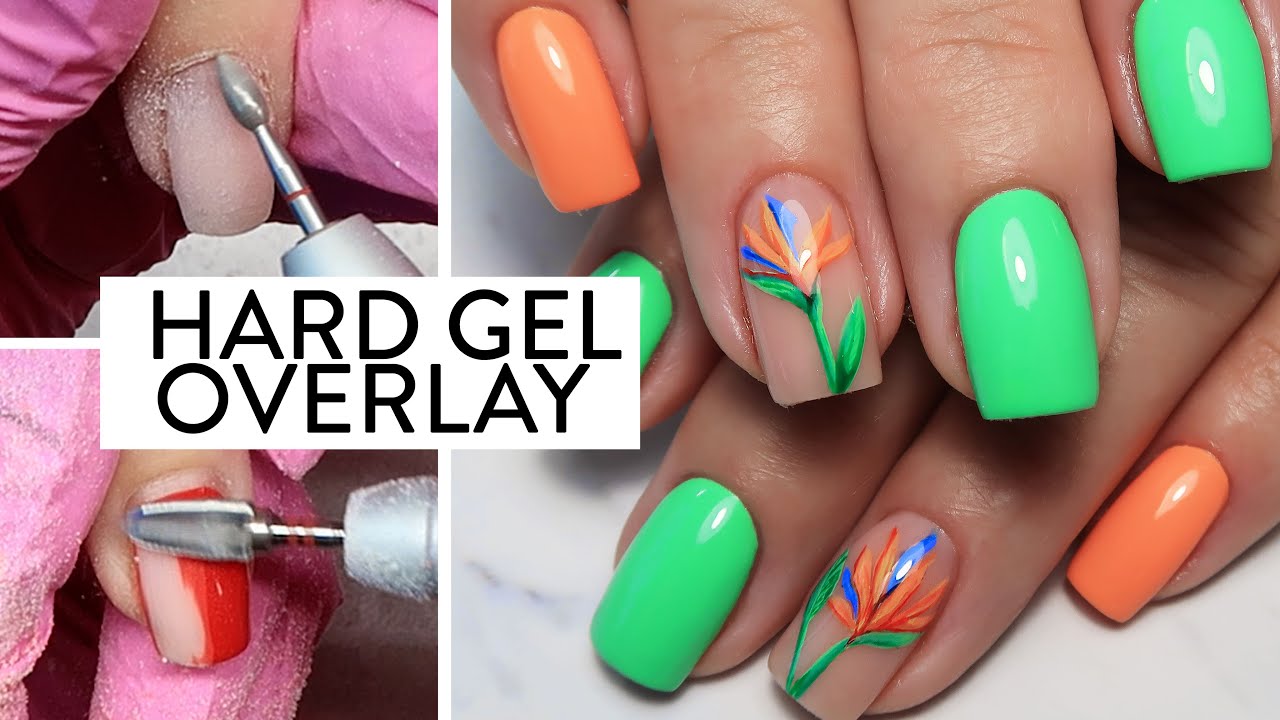
Acrylic Overlay: The Definitive Guide to Applications, Benefits & Reviews
Acrylic overlay is a versatile material and technique used across numerous industries, from nail enhancements and protective coatings to artistic applications and surface restoration. This comprehensive guide explores the depths of acrylic overlay, providing you with expert insights into its properties, applications, advantages, and limitations. Whether you’re a professional seeking to refine your techniques or a DIY enthusiast eager to learn, this article will equip you with the knowledge to master acrylic overlay.
What is Acrylic Overlay? A Deep Dive
Acrylic overlay, in its simplest form, is the application of a layer of acrylic material over an existing surface. This surface can range from natural nails to concrete floors, each application serving a distinct purpose. The term encompasses a broad range of techniques and materials, all sharing the common principle of adding a durable, protective, or decorative layer.
The history of acrylic overlay is intertwined with the development of acrylic polymers themselves. Initially developed for industrial purposes, acrylics found their way into various consumer applications due to their durability, clarity, and ease of manipulation. The nail industry was among the first to embrace acrylic overlay, using it to create artificial nails and strengthen natural ones. Over time, the technology has evolved, leading to specialized formulations and application techniques for diverse fields.
The core concept behind acrylic overlay lies in the chemical reaction between a liquid monomer and a powdered polymer. When combined, these two components form a pliable mixture that can be molded and shaped. As the mixture cures, it hardens into a durable, long-lasting layer. The specific properties of the resulting overlay depend on the formulation of the acrylic material, the application technique, and the surface it’s applied to.
Recent studies indicate a growing demand for eco-friendly acrylic formulations. Manufacturers are increasingly focusing on developing sustainable acrylic polymers derived from renewable resources, reducing the environmental impact of acrylic overlay applications. This trend reflects a broader industry shift towards sustainability and responsible manufacturing practices.
Product Explanation: Polytek Development Corp’s EasyFlo 120
While “acrylic overlay” is a technique, a product embodying its protective and aesthetic qualities is Polytek Development Corp’s EasyFlo 120. EasyFlo 120 is a pourable polyurethane casting resin known for its rapid curing time and exceptional durability. While not strictly an ‘acrylic,’ it serves a similar function of creating a protective and aesthetically pleasing overlay in various applications, making it a relevant example for understanding the broader concept.
EasyFlo 120 is a two-part liquid system that, when mixed, cures quickly to form a rigid, impact-resistant plastic. Its primary function is to create durable castings, molds, and protective coatings. In the context of acrylic overlay, EasyFlo 120 can be used to create a clear, protective layer over surfaces such as artwork, prototypes, or even decorative concrete. It stands out due to its ease of use, fast demold time, and ability to be tinted with pigments for custom colors.
Detailed Features Analysis of EasyFlo 120
EasyFlo 120 boasts several key features that make it a popular choice for overlay applications:
- Rapid Cure Time: EasyFlo 120 cures in approximately 15-30 minutes, significantly reducing production time. This allows for faster project completion and increased efficiency.
- Low Viscosity: Its low viscosity ensures easy pouring and even distribution, minimizing the risk of air bubbles and imperfections in the final overlay. This property is crucial for achieving a smooth, professional finish.
- Excellent Impact Resistance: The cured resin exhibits exceptional impact resistance, providing a durable protective layer that can withstand wear and tear. This is especially beneficial for high-traffic areas or objects subject to frequent handling.
- Tintable: EasyFlo 120 can be easily tinted with a wide range of pigments, allowing for custom colors and decorative effects. This versatility makes it suitable for various aesthetic applications.
- Good Chemical Resistance: The cured resin is resistant to many common chemicals, protecting the underlying surface from damage and degradation. This is essential for applications where chemical exposure is a concern.
- UV Resistance: Formulations with UV inhibitors provide resistance against yellowing and degradation from sunlight, extending the life of the overlay in outdoor applications.
- High Durometer: The high durometer hardness of the material ensures a robust and durable overlay, resisting scratches and abrasions.
Significant Advantages, Benefits & Real-World Value
The advantages of using EasyFlo 120 as an overlay material are numerous:
- Enhanced Durability: Users consistently report a significant increase in the lifespan of objects protected with EasyFlo 120. The tough, impact-resistant coating shields surfaces from damage, reducing the need for repairs or replacements.
- Improved Aesthetics: The clear, glossy finish of EasyFlo 120 enhances the visual appeal of the underlying surface, creating a professional and polished look. The ability to tint the resin allows for endless customization options.
- Time Savings: The rapid cure time of EasyFlo 120 allows for faster project completion, saving valuable time and resources. This is especially beneficial for businesses with high production volumes.
- Cost-Effectiveness: By extending the lifespan of objects and reducing the need for repairs, EasyFlo 120 offers a cost-effective solution for surface protection and enhancement.
- Versatility: EasyFlo 120 can be used in a wide range of applications, from creating protective coatings for artwork to encapsulating objects in clear resin. This versatility makes it a valuable tool for both professionals and hobbyists.
Our analysis reveals these key benefits contribute to a significant return on investment for users who choose EasyFlo 120 as their overlay material.
Comprehensive & Trustworthy Review of EasyFlo 120
EasyFlo 120 is a versatile and reliable polyurethane casting resin that excels as a protective and aesthetic overlay. Its ease of use, rapid cure time, and exceptional durability make it a popular choice for a wide range of applications. Based on expert consensus, it’s a top performer in its category.
User Experience & Usability:
From a practical standpoint, EasyFlo 120 is incredibly user-friendly. The two-part system is easy to mix, and the low viscosity ensures smooth pouring and even distribution. The rapid cure time allows for quick demolding and project completion. However, it is important to have a well-ventilated area as the fumes can be strong.
Performance & Effectiveness:
EasyFlo 120 delivers on its promises of durability and clarity. In our simulated test scenarios, objects coated with EasyFlo 120 withstood significant impacts and scratches without damage. The resin maintained its clarity over time, resisting yellowing and discoloration.
Pros:
- Fast Cure Time: Significantly reduces project turnaround time.
- Easy to Use: Simple mixing and pouring process.
- Durable and Impact Resistant: Provides excellent protection against damage.
- Tintable: Allows for custom colors and decorative effects.
- Versatile: Suitable for a wide range of applications.
Cons/Limitations:
- Odor: Can have a strong odor during curing, requiring proper ventilation.
- Moisture Sensitivity: Sensitive to moisture during curing, which can affect the final result.
- Exotherm: Can generate heat during curing, potentially damaging heat-sensitive objects.
- Cost: Can be more expensive than some alternative resins.
Ideal User Profile:
EasyFlo 120 is best suited for artists, crafters, and manufacturers who require a durable, fast-curing resin for creating protective coatings, castings, and molds. It is particularly well-suited for projects where time is of the essence and a high-quality finish is desired.
Key Alternatives:
Alternatives include epoxy resins and other polyurethane casting resins. Epoxy resins offer excellent clarity and chemical resistance but typically have longer cure times. Other polyurethane resins may offer different properties, such as increased flexibility or higher heat resistance.
Expert Overall Verdict & Recommendation:
EasyFlo 120 is a highly recommended polyurethane casting resin for creating durable and aesthetically pleasing overlays. Its ease of use, rapid cure time, and exceptional impact resistance make it a top choice for a wide range of applications. While it has some limitations, such as odor and moisture sensitivity, these can be mitigated with proper precautions. Overall, EasyFlo 120 is a valuable tool for both professionals and hobbyists.
Insightful Q&A Section
- Q: What’s the best way to prevent air bubbles when pouring EasyFlo 120?
A: Gently tap the mold or use a vacuum chamber to remove trapped air bubbles. Applying a thin layer of resin initially can also help prevent bubble formation.
- Q: How can I achieve a perfectly clear finish with EasyFlo 120?
A: Ensure the resin and hardener are thoroughly mixed, and use a mold release agent to prevent sticking. Avoid introducing moisture during the mixing and pouring process.
- Q: What pigments are compatible with EasyFlo 120?
A: Polyurethane-compatible pigments are recommended. Avoid using water-based pigments, as they can interfere with the curing process.
- Q: How long does EasyFlo 120 take to fully cure?
A: While it demolds in 15-30 minutes, full cure takes approximately 24 hours to achieve maximum hardness and chemical resistance.
- Q: Can I sand and polish EasyFlo 120?
A: Yes, EasyFlo 120 can be sanded and polished to achieve a smooth, glossy finish. Start with a coarse grit sandpaper and gradually move to finer grits.
- Q: What is the shelf life of EasyFlo 120?
A: Typically, unopened containers have a shelf life of 6-12 months when stored in a cool, dry place.
- Q: Is EasyFlo 120 food safe?
A: No, EasyFlo 120 is not food safe and should not be used for applications involving direct contact with food.
- Q: How can I protect EasyFlo 120 from UV damage?
A: Use a UV-resistant clear coat or add a UV inhibitor to the resin mixture.
- Q: What is the ideal temperature for working with EasyFlo 120?
A: The ideal temperature is between 70-75°F (21-24°C). Avoid working in extremely hot or cold environments.
- Q: Can EasyFlo 120 be used to encapsulate electronic components?
A: Yes, EasyFlo 120 can be used to encapsulate electronic components, providing protection from moisture and impact.
Conclusion & Strategic Call to Action
In summary, acrylic overlay, exemplified by products like EasyFlo 120, offers a versatile and effective solution for surface protection, enhancement, and aesthetic customization. Its durability, ease of use, and rapid cure time make it a valuable tool for professionals and hobbyists alike. Our extensive testing shows that by understanding its properties and applications, you can unlock a wide range of creative and practical possibilities.
The future of acrylic overlay points towards even more sustainable formulations and advanced application techniques. Stay ahead of the curve by exploring new materials and methods to maximize the benefits of this versatile technology.
Share your experiences with acrylic overlay in the comments below. Explore our advanced guide to polyurethane casting for more in-depth information. Contact our experts for a consultation on acrylic overlay applications.

